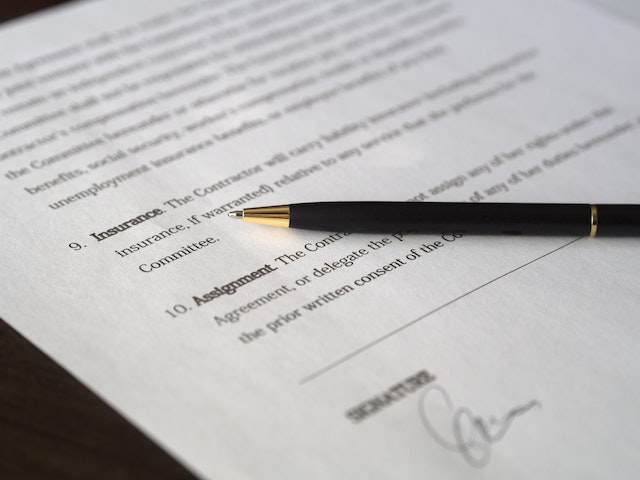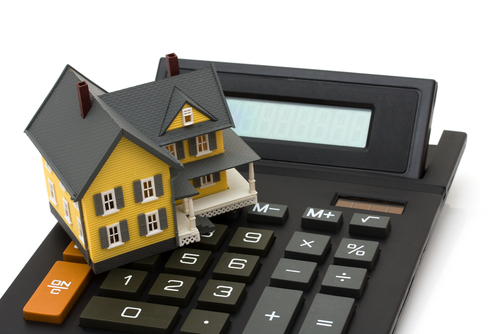What is a Home Loan Estimate?

Embarking on the journey of homeownership in Omaha is an exciting venture, filled with aspirations and also, understandably, a fair share of complexities. Among the myriad of paperwork and financial considerations, one document stands out for its critical role in the home-buying process: the Home Loan Estimate. This document is a beacon of clarity for prospective homeowners, illuminating the path ahead with vital information about the proposed mortgage.
The Home Loan Estimate is a standardized form, a product of the Consumer Financial Protection Bureau's (CFPB) efforts to make mortgage terms and costs transparent and comparable across different lenders. It is a three-page document that succinctly outlines the key aspects of a mortgage offer, allowing borrowers to understand and evaluate the terms and costs associated with their potential home loan.
Let's delve deeper into the components of the Loan Estimate and why they matter:
1. Loan Terms: This section is the cornerstone of the Loan Estimate, detailing the loan amount, interest rate, and monthly payments. It indicates whether the loan is a fixed-rate or adjustable-rate mortgage and informs the borrower of any prepayment penalties or potential balloon payments. Understanding these terms is crucial as they determine the long-term financial commitment of the borrower.
2. Projected Payments: Here, the estimate provides a forecast of how the monthly payments may evolve over the life of the loan. It includes projections for principal and interest, as well as estimated escrow payments for property taxes and homeowner's insurance. This section helps borrowers anticipate changes in their payments and plan their finances accordingly.
3. Costs at Closing: This part of the document breaks down the closing costs associated with the mortgage. It includes lender fees, title fees, and prepaid expenses such as homeowners insurance or property taxes. These costs can significantly impact the initial outlay required at closing, making this section a critical part of the borrower's financial planning.
The Loan Estimate serves not only as a summary of the mortgage offer but also as a comparative tool. By obtaining Loan Estimates from multiple lenders, Omaha borrowers can compare the costs and terms side-by-side, empowering them to make an informed choice and potentially negotiate better terms.
It is important for borrowers to receive their Loan Estimate promptly. The CFPB mandates that lenders must provide this document within three business days of receiving a mortgage application. If there are significant changes to the loan terms during the process, the lender is obligated to issue a revised Loan Estimate, ensuring that borrowers are always informed of the most current terms.
As the home-buying process progresses, the Loan Estimate becomes a precursor to another critical document: the Closing Disclosure. This document finalizes the terms of the mortgage, and borrowers should meticulously compare it with their Loan Estimate to confirm that the terms have not changed unfavorably.
In essence, the Loan Estimate is a powerful tool in the hands of the borrower. It encapsulates the financial details of a mortgage offer, providing transparency and facilitating informed decision-making. It is a testament to the importance of understanding the financial implications of a mortgage and the empowerment of borrowers through information.
In conclusion, the Loan Estimate is more than just a document; it is a roadmap for prospective Omaha homeowners, guiding them through the financial landscape of purchasing a home. It ensures that borrowers are equipped with the knowledge to secure a fair and suitable mortgage, laying the groundwork for a successful and fulfilling homeownership experience. Whether you are a first-time homebuyer or a seasoned investor, the Loan Estimate is an indispensable part of your home-buying toolkit.
Ready for more homeowner tips? Remember to follow us on our Facebook page!
If you've decided to sell or buy this year...congratulations! What an exciting time for you. We're here to assist you every step of the way. Call our family team of experts today and we'll get down to business crafting your plan for real estate buying and selling success!
 When buying a home in Omaha and getting a mortgage, you will hear the term "escrow" mentioned frequently. An escrow is a legal arrangement where a third party holds money or property until a specified condition is fulfilled, such as completing the home purchase as outlined in the agreement.
When buying a home in Omaha and getting a mortgage, you will hear the term "escrow" mentioned frequently. An escrow is a legal arrangement where a third party holds money or property until a specified condition is fulfilled, such as completing the home purchase as outlined in the agreement.




 It's common to hear the term "all-cash buyer" during real estate shows. It's often used as a way to sweeten a deal, but what's the reality? You can buy a house in Omaha with cash or with a mortgage, and each has its own pros and cons.
It's common to hear the term "all-cash buyer" during real estate shows. It's often used as a way to sweeten a deal, but what's the reality? You can buy a house in Omaha with cash or with a mortgage, and each has its own pros and cons..jpg) Are you ready to buy your first home in Omaha?
Are you ready to buy your first home in Omaha?








